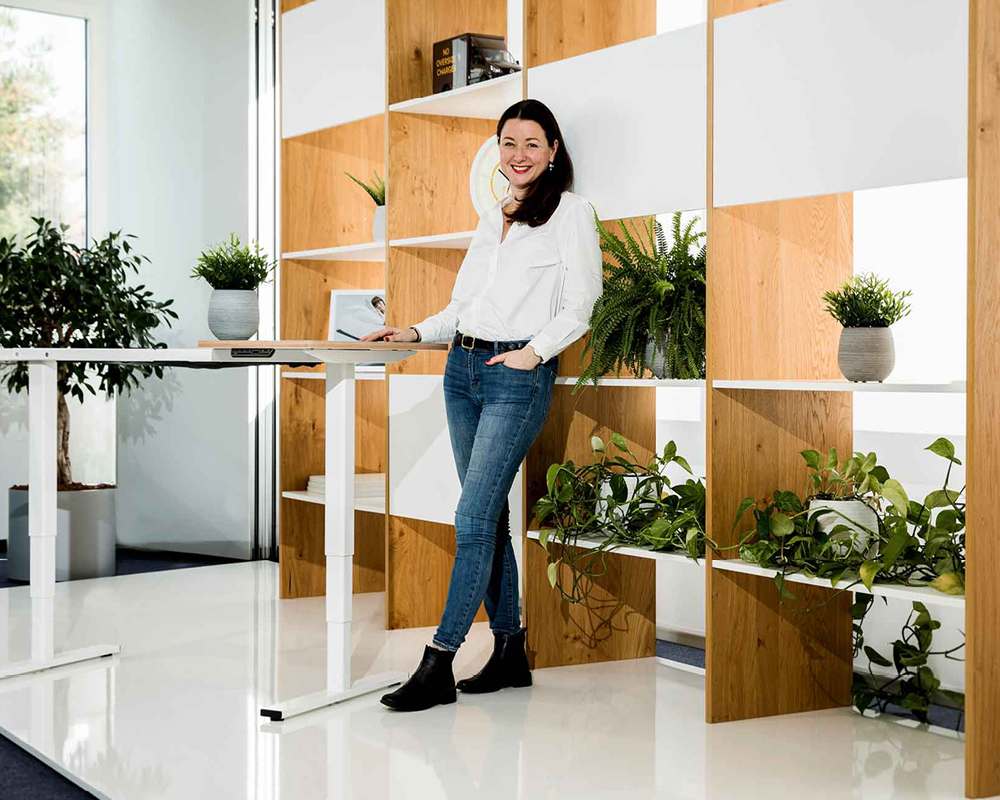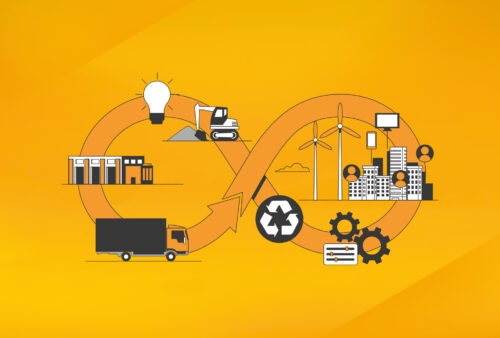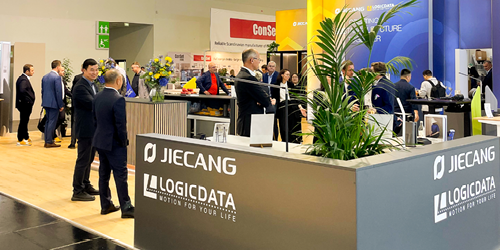THE LOGICDATA PEOPLE DEVELOPMENT INITIATIVE
At LOGICDATA, the goal of People Development is the empowerment of the company’s employees. However, choosing the path toward empowerment is the decision of the employee themselves, in cooperation with their team lead or manager. There are no set development paths at LOGICDATA – instead there is a culture of defining development individually.
The aim is for every employee to find their “best fit job role”. This has many advantages for the company and the employee: satisfaction is higher and thus higher performance is achieved.
While employee satisfaction has been looked at before, it will become an increasingly important factor in the future. LOGICDATA has recognized this, creating the People Development Initiative.

What Is the People Development Initiative?
LOGICDATA has worked to create a framework that enables employee development, specifically via the self-empowerment mentioned above. It aims to give every employee the opportunity to achieve their goals. This is a large-scale, conscious investment in people: their development, abilities, and skills. The result will be an environment in which employees can develop better, creating a bond with the company.
The People Development Board
The People Development Board pilot project started in 2022, with the aim of rollout to the entire LOGICDATA Group in 2023. Human Resources, headed by Daniela Schaffer, is involved in at each stage of the process, which takes place once per year over the course of several months; completed by a recap at the end. The board is split as follows into 5 levels:
- Level 1: The team lead evaluates direct reports together with the Department Manager and Head of HR.
- Level 2: The Department Manager evaluates direct reports together with the Division Manager and Head of HR.
- Level 3: The Division Manager evaluates direct reports together with the CxO and Head of HR.
- Level 4: A Summary session with everyone involved in the process takes place – CEO, CFO, Division Manager, and Human Resources.
- Level 5: At this stage, the summary is given to all employees, and concrete, individual measures are discussed as part of a development conversation.
During the People Development Board process, all key roles and high potentials in the company are defined.
With our initiative, we want to support individuals in their development. Employees should be able to develop and live the best working version of themselves. We are moving away from prescribed career paths and enabling people to live their individual development. Everyone should have the job role that suits their respective phase of life – so let’s help them get it!

What Do Development Conversations Look Like?
Conversations about development are dynamic and individual. Although suggestions for the individual employee are discussed throughout the board, a direct exchange with each employee is essential for finalizing any measures. In order to empower the employee, the following questions may be asked:
- How does the “best fit role” compare to my current position?
- What support do I need to develop?
- Do some tasks have to be adjusted?
- Would external coaching or training – for hard skills and soft skills – help me?
As measures may include other tasks within the role, new projects, cross-departmental work, more involvement abroad, project management, and more, development is no longer reduced to promotions or “ladders”. Development could equally be a new challenge in a different department.

How Are Employees Empowered?
There are no set regulations in the process. It is up to the team lead and their employee to define the cadence of discussions, define which packages of measures are put together, and much more. However, support from People Development and Daniela Schaffer is always available if required.
Although work remains the core focus, training and coaching are plausible outcomes of a discussion, including soft skill training for time management, conflict management, culture training, and more. Employees may also be offered a development buddy, with matches based on skill exchange. A buddy can encourage the employee and help them to reflect on their development – a measure that goes far beyond a classic course for further education.



